The Enchiridion
By Epictetus
Category
PhilosophyRecommended by
"The Enchiridion" by Epictetus is a practical guide to ethical living and resilience, inspiring readers to gain freedom from external influences and find true happiness from within.
In this concise and profound book, Epictetus introduces the teachings of Stoicism, a philosophy that emphasizes personal control over one's own thoughts, emotions, and actions. He encourages readers to focus on what they can control and accept what they cannot, cultivating a mindset centered on virtue, reason, and self-discipline.
Epictetus delves into various aspects of life, including desires, fears, relationships, and adversity. He emphasizes the importance of aligning one's desires with nature, recognizing that true contentment comes from wanting only what is in our power to attain. By relinquishing attachment to external outcomes, individuals can experience a sense of serenity and resilience.
The Enchiridion offers practical advice for dealing with challenges, teaching readers to face adversity with fortitude by reframing their perspectives and finding opportunities for growth within difficulties. Epictetus reminds us that true freedom lies in controlling our own judgments and reactions, rather than being influenced by external circumstances or the opinions of others.
Throughout the book, Epictetus provides invaluable insights on morality, humility, empathy, and the pursuit of wisdom. He believes that happiness is not found in material possessions or social status, but in cultivating virtues such as courage, justice, and wisdom. With his straightforward yet profound teachings, Epictetus invites readers to undertake an inward journey towards self-mastery and inner peace.
"The Enchiridion" serves as a timeless manual for anyone seeking guidance on living a virtuous, meaningful, and resilient life. By embracing Epictetus' wisdom and incorporating stoic principles into their daily lives, readers can navigate the complexities of existence with equanimity, and discover lasting joy in the face of life’s adversities.
In this concise and profound book, Epictetus introduces the teachings of Stoicism, a philosophy that emphasizes personal control over one's own thoughts, emotions, and actions. He encourages readers to focus on what they can control and accept what they cannot, cultivating a mindset centered on virtue, reason, and self-discipline.
Epictetus delves into various aspects of life, including desires, fears, relationships, and adversity. He emphasizes the importance of aligning one's desires with nature, recognizing that true contentment comes from wanting only what is in our power to attain. By relinquishing attachment to external outcomes, individuals can experience a sense of serenity and resilience.
The Enchiridion offers practical advice for dealing with challenges, teaching readers to face adversity with fortitude by reframing their perspectives and finding opportunities for growth within difficulties. Epictetus reminds us that true freedom lies in controlling our own judgments and reactions, rather than being influenced by external circumstances or the opinions of others.
Throughout the book, Epictetus provides invaluable insights on morality, humility, empathy, and the pursuit of wisdom. He believes that happiness is not found in material possessions or social status, but in cultivating virtues such as courage, justice, and wisdom. With his straightforward yet profound teachings, Epictetus invites readers to undertake an inward journey towards self-mastery and inner peace.
"The Enchiridion" serves as a timeless manual for anyone seeking guidance on living a virtuous, meaningful, and resilient life. By embracing Epictetus' wisdom and incorporating stoic principles into their daily lives, readers can navigate the complexities of existence with equanimity, and discover lasting joy in the face of life’s adversities.
Share This Book 📚
More Books in Philosophy

Meditations
Marcus Aurelius

The Courage To Be Disliked
Ichiro Kishimi

A Guide To The Good Life
William B. Irvine

The Four Agreements
Don Miguel Ruiz
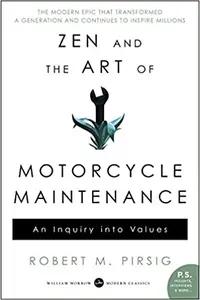
Zen and the Art of Motorcycle Maintenance
Robert M. Pirsig
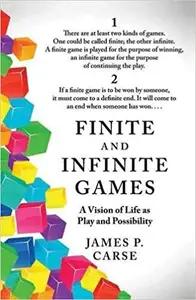
Finite and Infinite Games
James Carse

Letters from a Stoic
Lucius Annaeus Seneca

René Girard's Mimetic Theory
Wolfgang Palaver
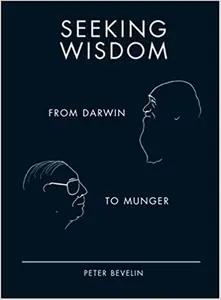
Seeking Wisdom
Peter Bevelin

Spiritual Enlightenment, the Damnedest Thing
Jed McKenna

Status Anxiety
Alain De Botton

The Prophet
Kahlil Gibran
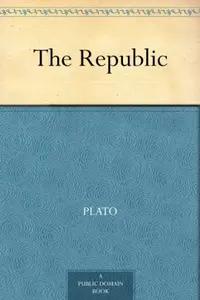
The Republic
Plato
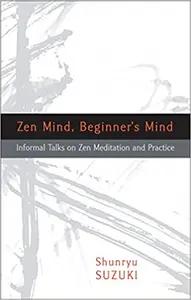
Zen Mind, Beginners Mind
Shunryu Suzuki

As One Is
Jiddu Krishnamurti

Autobiography of a Spiritually Incorrect Mystic
Osho

Being With Dying
Joan Halifax

Beyond Good and Evil
Friedrich Nietzsche

Confessions of a Philosopher
Bryan Magee

Consolations
David Whyte

Courage
Osho

Die With Zero
Bill Perkins
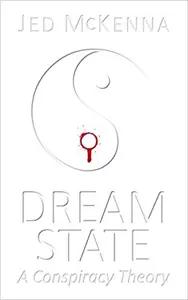
Dreamstate
Jed McKenna

Explaining Social Behavior
Jon Elster
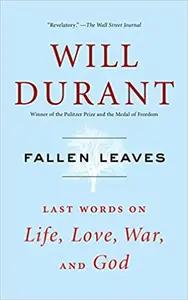
Fallen Leaves
Will Durant

Falling into Grace
Adyashanti

How To Live
Sarah Bakewell

How Will You Measure Your Life?
Clayton Christensen

I Think, Therefore I Laugh
John Allen Paulos

Invariances
Robert Nozick
Popular Books Recommended by Great Minds 📚

The Rise And Fall Of American Growth
Robert J. Gordon

Blitzscaling
Reid Hoffman
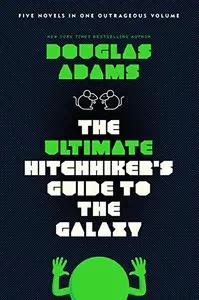
The Hitchhikers Guide to the Galaxy
Douglas Adams

Range
David Epstein

Red Notice
Bill Browder

Lying
Sam Harris
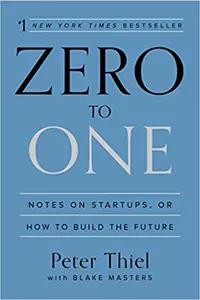
Zero to One
Peter Thiel

The Intelligent Investor
Benjamin Graham
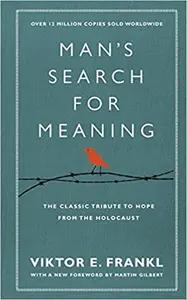
Man's Search for Meaning
Viktor Frankl

Becoming Steve Jobs
Brent Schlender

Titan
Ron Chernow
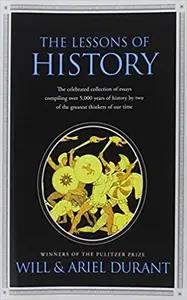
The Lessons of History
Will & Ariel Durant
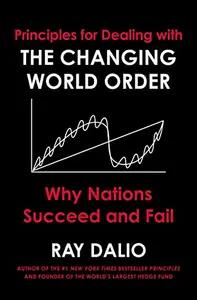
Principles for Dealing With The Changing World Order
Ray Dalio
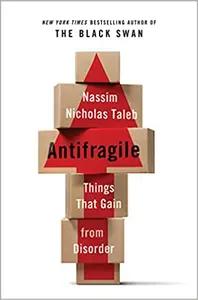
Antifragile
Nassim Nicholas Taleb

Can't Hurt Me
David Goggins
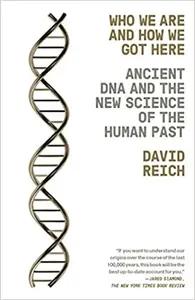
Who We Are and How We Got Here
David Reich

The Fountainhead
Ayn Rand

Siddhartha
Hermann Hesse
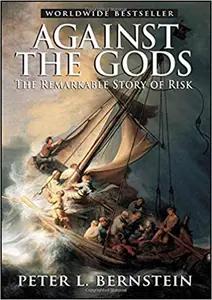
Against The Gods
Peter Bernstein

The Holy Bible
Various

The Courage To Be Disliked
Ichiro Kishimi
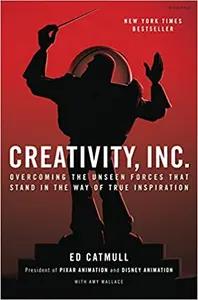
Creativity, Inc.
Ed Catmull
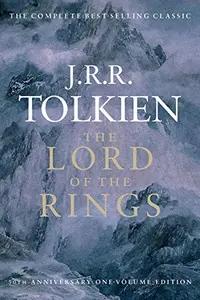
The Lord of the Rings
J.R.R. Tolkien
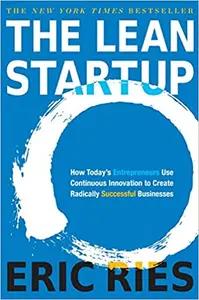
The Lean Startup
Eric Reis

Why We Sleep
Matthew Walker

Destined For War
Graham Allison
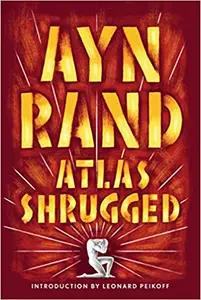
Atlas Shrugged
Ayn Rand
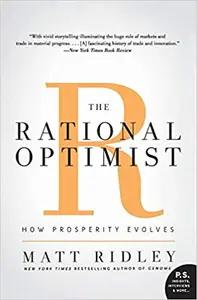
The Rational Optimist
Matt Ridley

Hillbilly Elegy
J.D. Vance
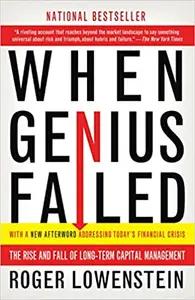
When Genius Failed
Roger Lowenstein
